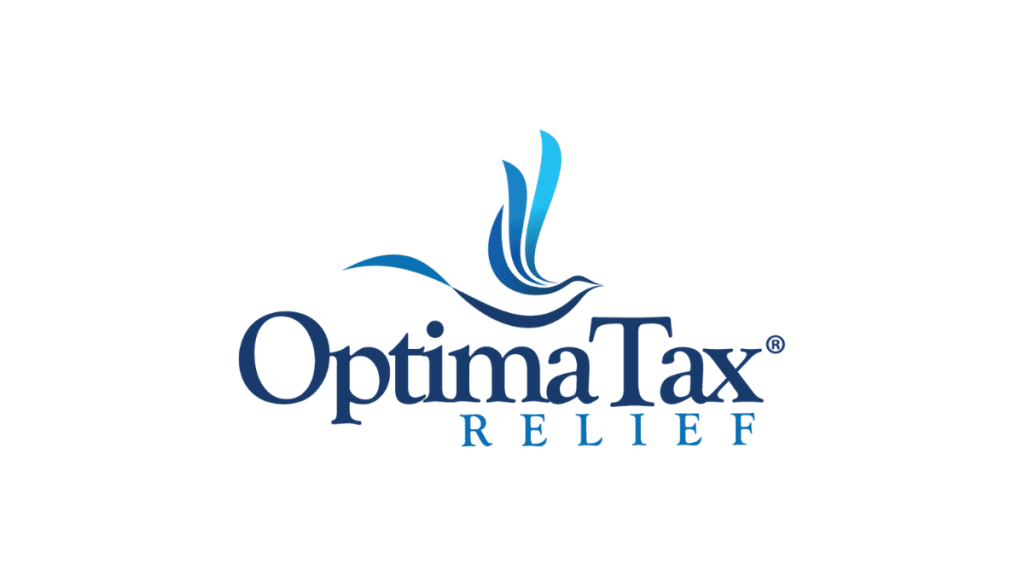The IRS has recently undergone significant changes, and if you’re wondering how this could affect your taxes, you’re not alone. In early 2025, the agency laid off thousands of employees—many of whom worked in compliance, enforcement, and customer service roles. These staffing changes are part of a broader federal effort to streamline government operations, but they may have far-reaching implications for how the IRS functions during the upcoming tax season. Optima Tax Relief explains what you need to know about the 2025 IRS layoffs and how they might affect you as a taxpayer.
Why Did the IRS Lay Off Thousands of Workers?
The layoffs stem from a government-wide initiative to cut costs and reduce the size of federal agencies. While the IRS had been allocated increased funding in recent years through legislation like the Inflation Reduction Act, a shift in political priorities in 2025 led to budgetary pullbacks and a reassessment of long-term hiring goals.
As a result, the IRS began reducing its workforce, particularly in areas tied to audit enforcement and customer service. In addition to staff cuts, the agency has experienced rapid turnover in its leadership ranks, with several acting commissioners rotating through in a matter of months. This has led to concerns about instability at the top and the potential for inconsistent policy implementation.
What Does This Mean for Your Taxes?
Expect Slower Response Times
With fewer staff members handling calls, mail, and account issues, taxpayers may experience longer wait times across the board. If you’re used to calling the IRS for help or need to resolve a tax issue, getting through to a live agent may take longer than usual. Paper return processing could also face significant delays.
While the IRS has made strides in expanding digital tools and automation, many tasks—especially those involving identity verification, amended returns, or complex issues—still require human intervention. Fewer hands on deck means longer processing queues.
Delayed Refunds for Some
If you’re filing electronically with direct deposit and your return is straightforward, you may not notice much of a change. But for taxpayers with more complicated filings—like claiming certain credits, dealing with prior-year issues, or filing paper returns—refunds could take longer to arrive. In previous years, refunds were typically issued within 21 days for e-filed returns. In 2025, some refunds may take longer, especially during peak season.
Fewer Audits, But That’s Not Always Good News
One of the more immediate effects of the layoffs is a likely decrease in audit activity, especially among high-income earners and complex filers. While that may sound like a relief to some, audits are a vital part of maintaining a fair and functioning tax system. Reduced oversight could erode trust in tax compliance and widen the tax gap—the difference between taxes owed and taxes paid.
For low- and middle-income taxpayers, the reduced enforcement might not change much in practice. However, critics worry that less scrutiny could encourage fraud or improper claims for tax credits and deductions, further straining IRS resources.
Increased Reliance on Automation
To help bridge the staffing gap, the IRS is expanding its use of automation and AI tools. Expect to see more self-service features available on IRS.gov, including digital account access, secure messaging, and automated notices. While these upgrades can improve efficiency, they also come with challenges. Automated systems aren’t always able to handle nuanced tax situations, and incorrect notices generated by AI tools may be harder to resolve without human support.
What Can You Do to Stay Ahead?
- File Early and Electronically: Avoid delays is to file your taxes electronically as early as possible. Choose direct deposit to receive your refund quickly and minimize the chance of errors.
- Use IRS Online Tools: You can now access your IRS account online to view payment history, track refunds, and manage communication. Tools like “Where’s My Refund?” and “Get Transcript” are available 24/7.
- Double-Check for Accuracy: Small mistakes can lead to big delays. Double-check your entries, make sure your name and Social Security number match IRS records, and report all income accurately.
- Consider Hiring a Tax Professional: If you have a more complex tax situation—such as self-employment income, investments, or prior-year issues—working with a tax preparer or enrolled agent can help ensure you stay compliant and reduce the risk of errors.
Final Thoughts
The IRS layoffs in 2025 mark a significant shift in how the agency operates. While digital tools are becoming more capable, the human workforce still plays a critical role in helping taxpayers and maintaining the integrity of the system. As these changes unfold, staying informed and proactive is your best defense.
